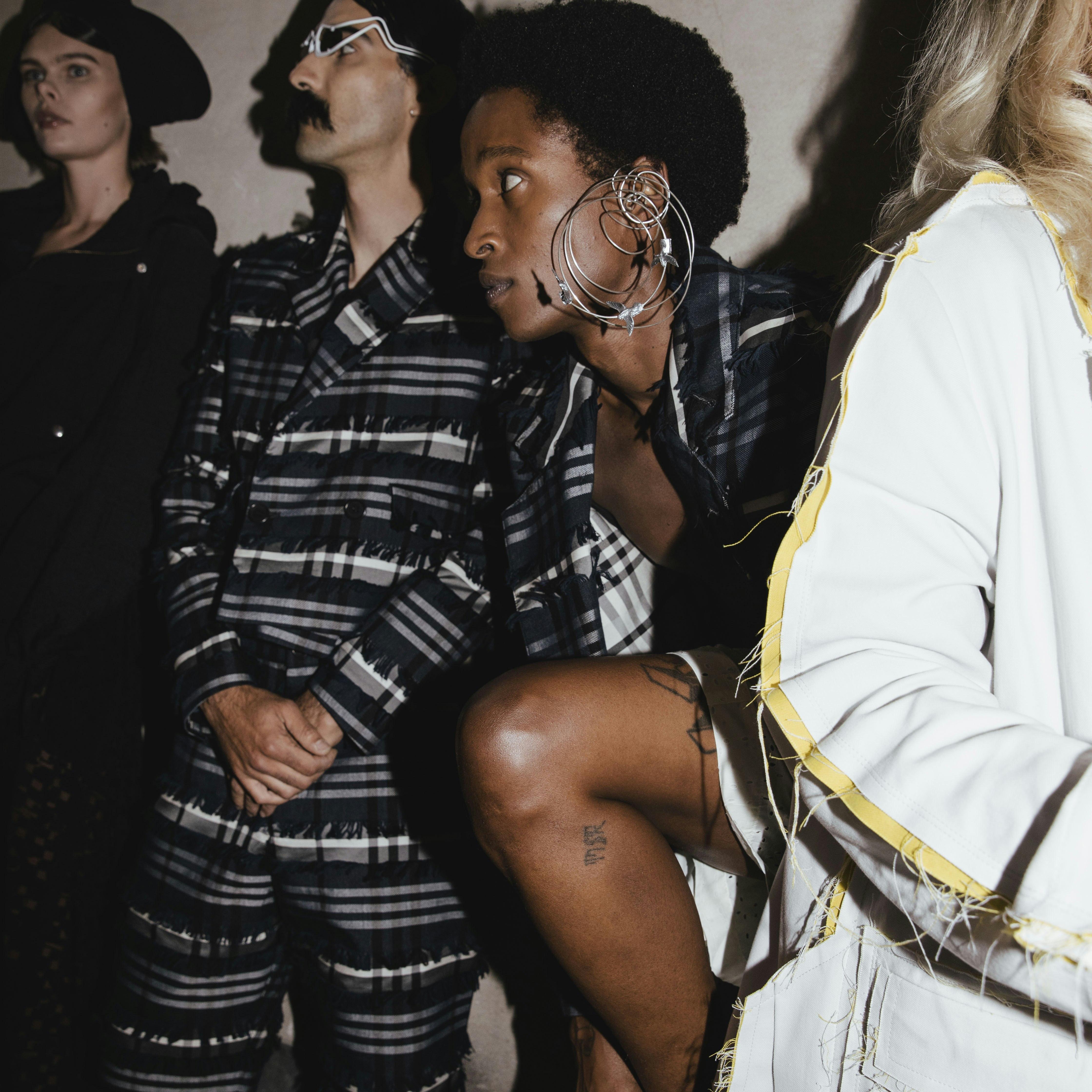Reflecting on Vogue Business’ 'Debunking the dream' series

Reflecting on Vogue Business’ 'Debunking the dream' series
In September 2023, Vogue Business published findings of an exclusive Vogue Business survey in which more than 600 fashion professionals revealed that systemic discrimination, unsustainable lifestyles and a widespread burnout culture are spurring dissatisfaction within the fashion workforce. The ‘Debunking the dream’ article series exposed the not-so-glamorous struggle that is to work in the fashion industry today. The four-part article series is open source and can be found here on Vogue Business’ website.
The survey focused on post-production roles including buyers, merchandisers, journalists, copywriters, PR or marketing professionals and many more with the majority of respondents based in the US (35%) and the UK (30%). The global context of the fashion supply chain and its workers was beyond the scope of the survey. Reflecting on this, Vogue Business notes that the focus was placed “To avoid oversimplifying a complex global industry, and conflating the top and bottom of the supply chain”.
For CPHFW, being a platform and stakeholder working in direct contact with and among these post-production professionals, we cannot stress enough the need to learn from these findings and collectively disrupt the entrenched structures and norms that sets the basis of an unhealthy industry. While recommending the full read, we’re sharing some key outtakes!
Vogue Business notes slow progression within DE&I (diversity, equity and inclusion) the last few years:
“The fashion industry has an obsession with appearance”… in which social connections and socioeconomic status are a form of currency few can succeed without. Resulting in a wide exclusion of marginalised groups. Although “fashion has made lofty promises to prioritise DE&I”
”Think intersectionally”…the respondents note, also highlighting mentorship as a key solution to support underrepresented groups.
“The physical infrastructure of fashion is inaccessible to many”. Physical retail stores, changing rooms, the products themselves, fashion shows, events and travel in fashion “communicates a very explicit invitation, or lack thereof, to disabled people”.
Findings show blurred personal and professional boundaries with a relentless pace taking a physical and mental toll on fashion workers:
“Work-life balance is just as elusive as the myth of the glamorous fashion lifestyle”.
“Overproduction isn’t just affecting the environment, it’s affecting the people propping up the fashion industry”. As the fashion industry finds itself in a pressure “to make things bigger and better on tighter budgets and timelines”, cases of burn outs are rising at an alarming rate.
The time to change is now!
Closing the article, we’d like to share a small exercise for you to reflect on the questions raised in these articles: Who is allowed to succeed in fashion? Is fashion’s lifestyle sustainable for employees? and can fashion cool its burnout culture?



